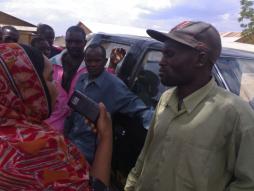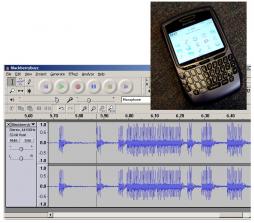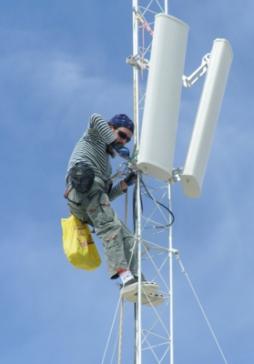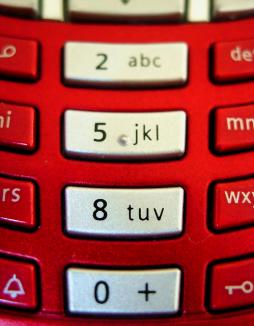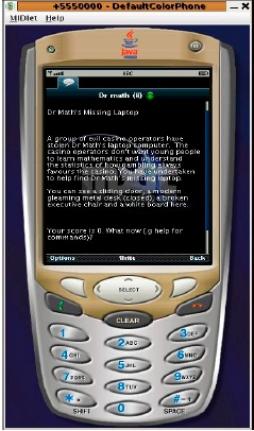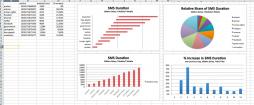It's a brand new month, and June is bursting with tons of mobile-themed events around the world! From hackathons for developers and coders to in-depth discussions about mobiles for social change and development, this month's events cover a wide range of topics and sectors. Check them out below:
1-2 June AppsWorld Africa 2011 (Cape Town, South Africa) How can mobile apps be used for development in Africa? This two-day conference uses workshops and exhibitions to explore the potential of apps in sectors ranging from health and agriculture to business and banking.
4-5 June Random Hacks of Kindness (global) This Random Hacks of Kindness hackathon will focus on both disaster risk and climate change. Experts in disaster risk and climate change submit challenges they've faced in their work, and developers and coders gather together to build solutions.
6-9 June Mobile Health Summit (Cape Town, South Africa) Co-hosted by the GSMA and the mHealth Alliance, this three-day event is the go-to place for leaders in the mobile and health fields to learn how mobile technology can improve on global health practices.
8 June Mobile Applications for Development Workshop (Washington, D.C., USA) Hosted by the Inter-American Development Bank, this workshop focuses on the role of mobile and Internet technologies in fostering social development.
8-9 June Open Mobile Summit (London, UK) For businesses looking to create a mobile presence, the Open Mobile Summit covers all the bases. From workshops on monetizing apps to targeting audiences through social media, panel leaders discuss how to mobilize your business.
8-9 June AITEC Banking and Mobile Money: West Africa (Accra, Ghana) The theme of this two-day event is how mobile banking can drive trade and investment in West Africa. The event looks at how traditional banks can use mobile banking, and the benefits of providing mobile banking options for people at the bottom of the pyramid.
14-15 June PIVOT25 (Nairobi, Kenya) PIVOT25 is an mLAB dedicated to supporting the growth of mobile entrepreneurs in Tanzania, Uganda, Rwanda, Burundi, Kenya, Somalia and Southern Sudan. Discussion topics at the event include the role of women in ICTs and the use of mobile applications in government, health, banking, and games.

